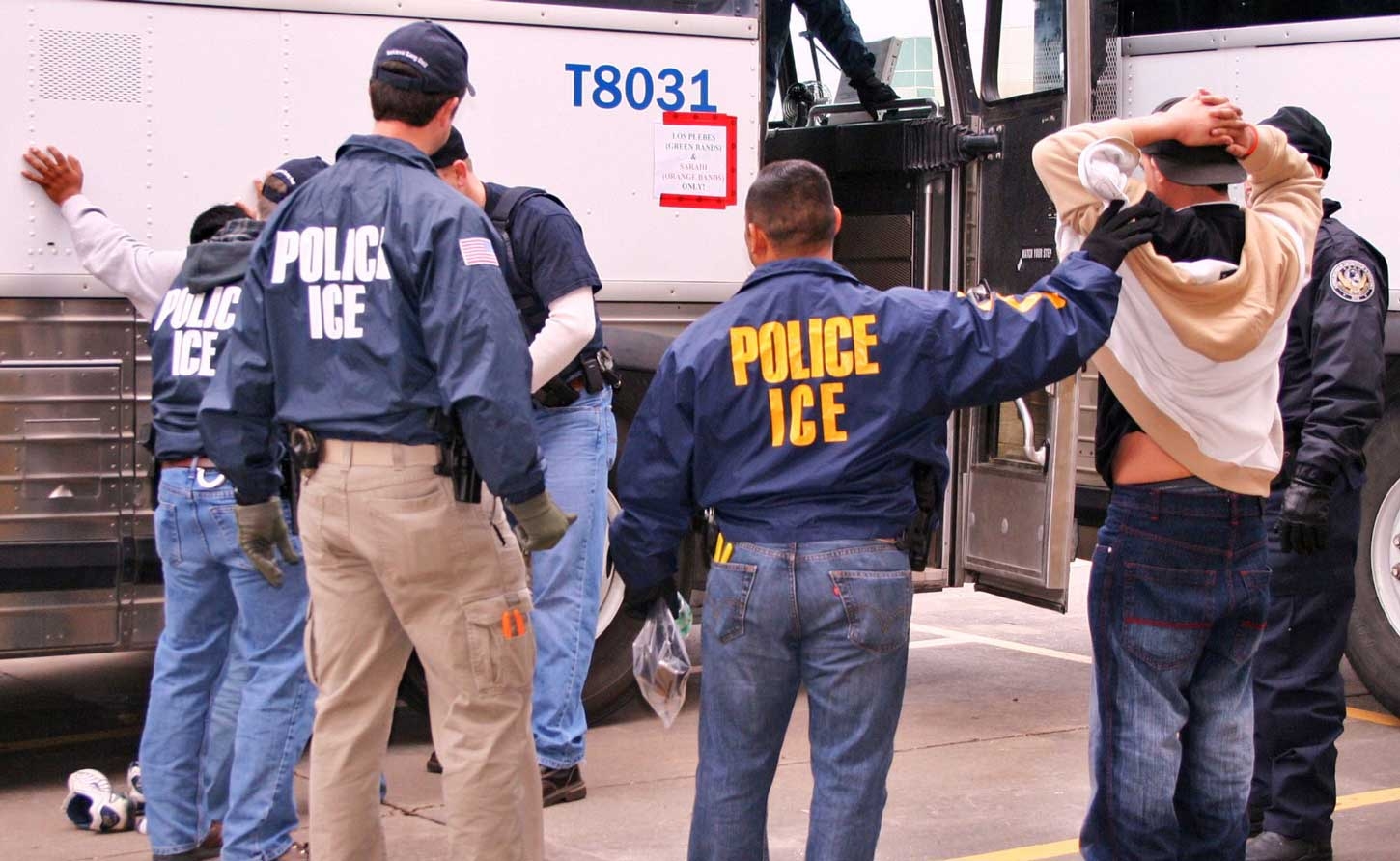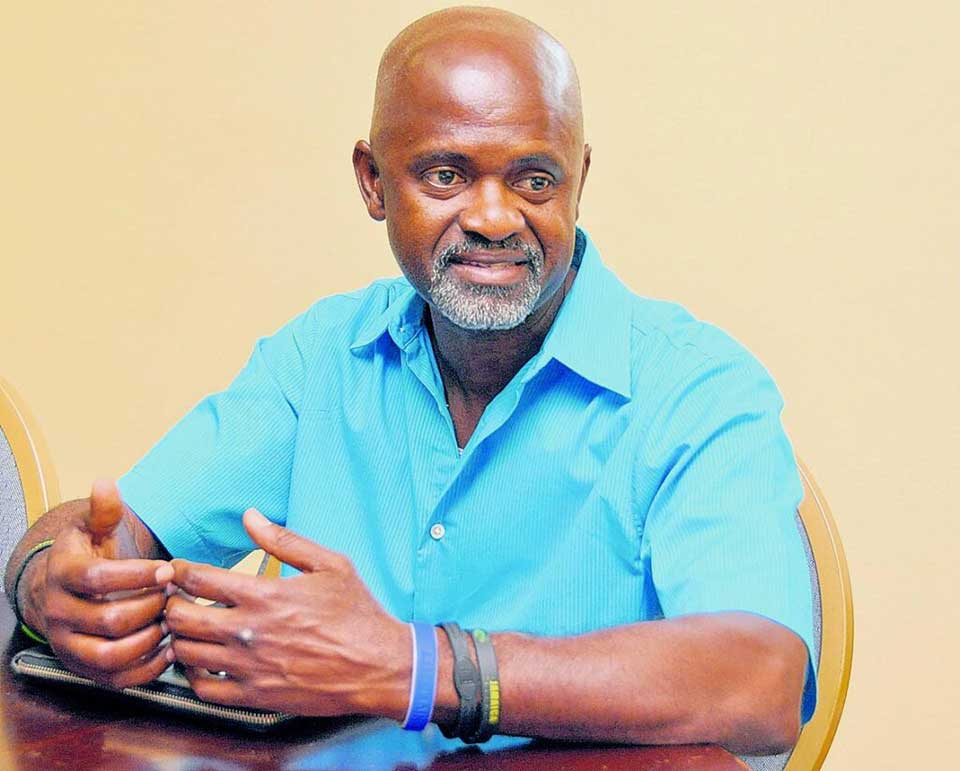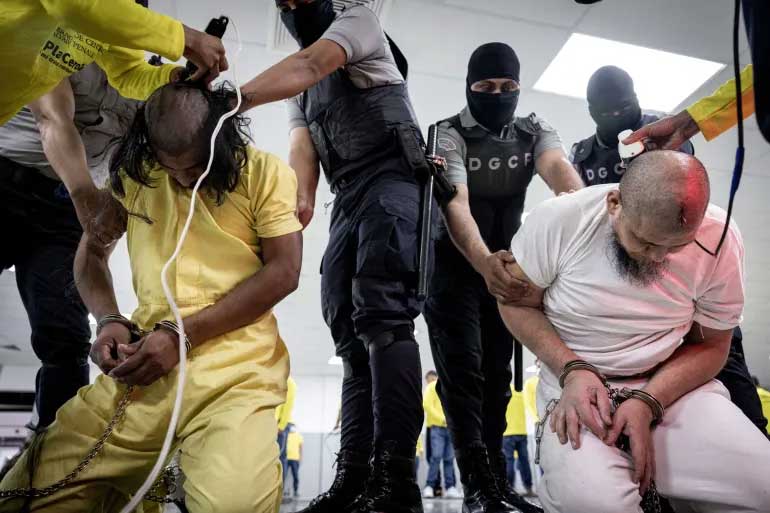CARIBBEAN Nationals In US Living in Fear Of Trump's ICE Men

NEW YORK, NY, Saturday April 19, 2025 - "Tek sleep and mark death" — the Caribbean adage warning against complacency in the face of danger — has become a mantra for thousands of West Indian nationals in the United States as Trump's aggressive deportation machine roars back to life.
While the administration's courtroom battles over Venezuelan deportations make headlines, a quieter crisis is unfolding in Caribbean communities across the Northeast.
From Brooklyn to Hartford, Caribbean immigrants are increasingly becoming prisoners in their own homes, afraid that even routine errands might end with an encounter with Trump's "Ice men."
The chilling effect is so pronounced that organizers of cultural touchstones like the annual Trelawny get-together in New York and the West Indian Day Parade, as well as the numerous independence balls around the US frequented by members of the Caribbean diaspora, expect attendance to plummet this year, as Caribbean nationals — regardless of immigration status — opt to remain in the shadows rather than risk detention.

"In the past few weeks, there have been a number of reggae and dancehall concerts which have been well attended and showed no signs of non-attendance," Clare noted, suggesting a complex reality beneath the surface of fear. "However, it would be a wait and see attitude in this regard."
Their fears are not unfounded. The Trump administration has demonstrated a brazen willingness to bypass judicial authority when it comes to deportations. In a stunning rebuke, the U.S. Supreme Court issued a temporary injunction on April 19 preventing further deportations of Venezuelan detainees from the Bluebonnet Detention Center in Texas.
The ruling emphasized a fundamental principle: the government must provide these individuals with notice and an opportunity to challenge their removal through habeas corpus petitions before any deportation can proceed.
This latest judicial intervention came too late for the 260-plus migrants who were flown to El Salvador's high-security CECOT prison in March — a mass deportation that proceeded despite Federal Judge James Boasberg's explicit order to halt the flights and turn back any planes already airborne.
The administration's justification? The flights had reached international waters, placing them beyond the court's jurisdiction — a rationale that legal experts have derided as a deliberate circumvention of judicial authority.
Among those swept up in this constitutional storm was Kilmar Ábrego García, a Maryland resident whose story epitomizes the human cost of Trump's immigration agenda.
Married to a U.S. citizen and father to a young child, García was deported to El Salvador despite having secured a court order blocking his removal. A federal appeals court described the administration's actions as "shocking," but shock has yet to translate into García's return.
 When Senator Chris Van Hollen attempted to visit García in detention, Salvadoran authorities barred his entry, underscoring the diplomatic quagmire created by these extrajudicial removals.
When Senator Chris Van Hollen attempted to visit García in detention, Salvadoran authorities barred his entry, underscoring the diplomatic quagmire created by these extrajudicial removals.
"This case is not only about one man, as important as that is," Van Hollen declared upon returning to U.S. soil. "It is about protecting fundamental freedoms and the fundamental principle in the constitution for due process that protects everybody who resides in America."
The Trump administration's revival of the 1798 Alien Enemies Act — a wartime statute last used during World War II — to justify these deportations has sparked intense constitutional debate.
By claiming Venezuelan gang members are "conducting irregular warfare" in the U.S., the administration is attempting to sidestep normal immigration procedures, treating law enforcement as a military operation rather than a matter for civil courts.
In a rare moment of judicial unity on an increasingly polarized bench, seven of nine Supreme Court justices agreed to halt the latest attempted deportations. "The Government is directed not to remove any member of the putative class of detainees from the United States until further order of this Court," they wrote in an unsigned order. Only Justices Clarence Thomas and Samuel Alito dissented.
The legal pushback extends beyond the Venezuelan deportations. A federal judge recently ruled that the administration cannot unilaterally revoke the legal status and work permits of migrants from Cuba, Haiti, Nicaragua, and Venezuela who entered under a Biden-era humanitarian parole program.
This decision provides a temporary lifeline for hundreds of thousands who have built lives and livelihoods in the United States.
As courts continue to serve as the last line of defense against executive overreach, Caribbean communities and other immigrant groups remain in limbo, caught between the hammer of aggressive enforcement and the anvil of slow-moving judicial processes. For now, they continue to "tek sleep and mark death," waiting for a constitutional resolution that may come too late for many.
-30-
